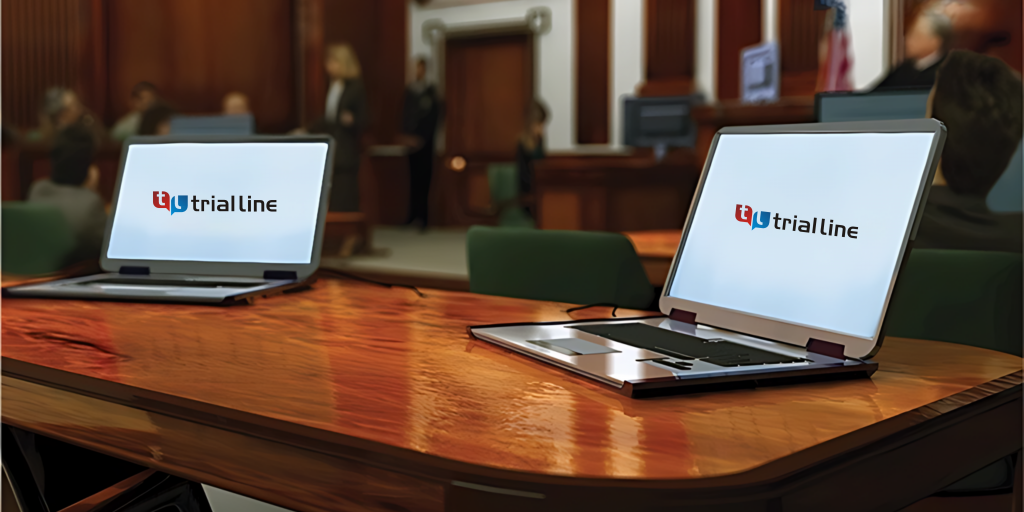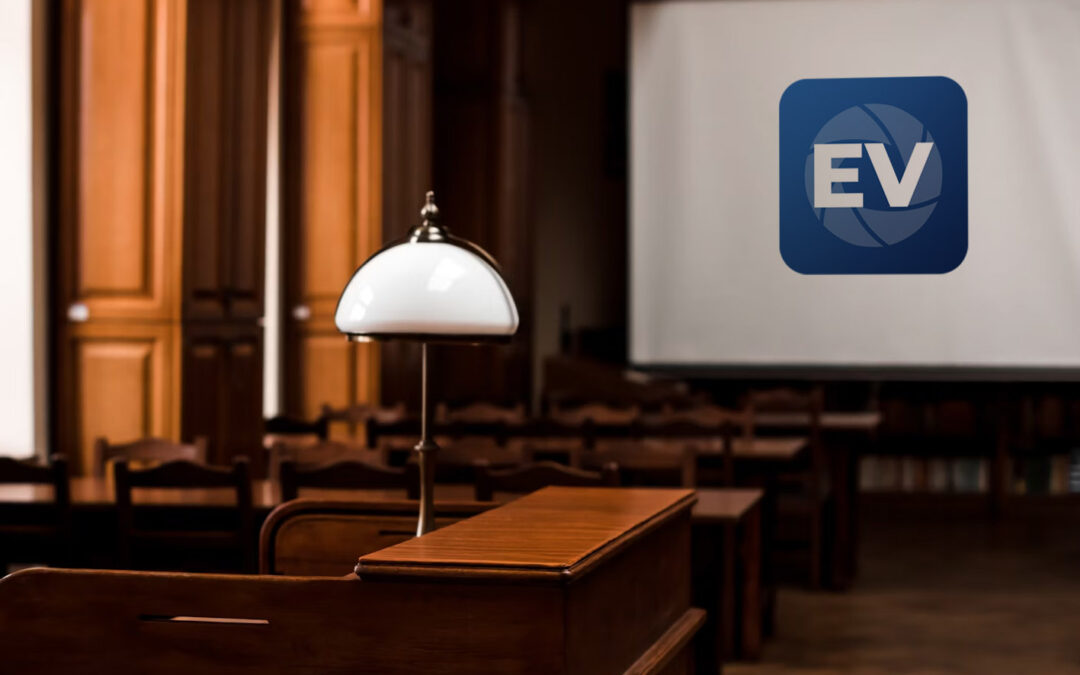Legal teams rely on powerful trial presentations for courtroom success.
Legal teams rely on powerful trial presentations for courtroom success.
Blog Article
How Test Presentations Enhance Your Argument and Encourage Jurors
Trial presentations work as a crucial mechanism for improving lawful arguments and convincing jurors. By incorporating aesthetic help, narrative structures, and emotional involvement, lawyers can develop a compelling instance that resonates on numerous degrees. The critical use of visuals not just clears up intricate info however additionally captures jurors' focus better than words alone. The art of storytelling plays a just as essential duty in transforming valid evidence right into a compelling story, forming jurors' assumptions. Comprehending these aspects can considerably impact test results, elevating the inquiry of exactly how each component adds to this elaborate dynamic.

Significance of Visual Aids
Visual aids play an important function in boosting the effectiveness of test discussions, as they can considerably raise audience interaction and retention of details. In the context of a trial, where jurors are charged with handling facility details, aesthetic help serve to simplify and clear up bottom lines. Graphes, graphs, and images can communicate data and principles that may or else overwhelm or confuse jurors, permitting a much more uncomplicated understanding of the proof offered.
Additionally, aesthetic aids help in preserving juror interest throughout the process. By damaging the uniformity of spoken testimony, these tools can punctuate vital debates, making them extra memorable. Effective visual aids can also evoke emotional reactions, which can be essential in encouraging jurors to straighten with the presenter's narrative.

Crafting Engaging Narratives
A compelling story is necessary in trial presentations, as it acts as the foundation of efficient persuasion. It allows lawyers to weave with each other facts, proof, and psychological elements right into a systematic story that reverberates with jurors. This narrative structure enables jurors to recognize the complexities of the case while leading them with the attorney's debate.
To craft an engaging narrative, attorneys need to concentrate on clarity and comprehensibility. This involves developing a clear protagonist-- often the customer-- and describing their journey via the events in concern. Offering the truths in a sensible sequence enhances comprehension and preserves involvement. Furthermore, using vibrant summaries can develop psychological pictures that assist jurors envision the events, making the story a lot more unforgettable.
Moreover, incorporating crucial styles throughout the presentation enhances the core message and aids in retention - trial presentations. The narrative needs to not only convey details however also stimulate a sense of justice, highlighting the stakes included. Ultimately, a sound narrative fosters a link in between the jurors and the case, placing the lawyer's disagreement as both credible and compelling, consequently enhancing the likelihood of a positive judgment

Engaging the Jury Psychologically
Efficient court involvement pivots on the attorney's capability to connect with jurors on a psychological level. This link can considerably influence jurors' perceptions and their utmost decision-making. Using psychological charms allows attorneys to humanize the case, transforming abstract legal ideas right into relatable experiences. By presenting real-life stories or testimonies, lawyers can evoke empathy and empathy, cultivating a deeper understanding of the issues at risk.
Aesthetic help, such as pictures or videos, can additionally enhance psychological engagement, offering jurors with vivid depictions of the situation's human elements. Crafting a story that highlights the struggles and accomplishments of the people involved makes certain that jurors see beyond the legal arguments and acknowledge the human consequences of their decisions.
A lawyer's enthusiastic delivery can resonate with jurors, enhancing their psychological investment in the case. It's crucial to stabilize emotional appeals with valid evidence, ensuring that jurors really feel compelled to act while staying based in the fact.
Structuring Your Presentation

The body of the presentation should be realistically segmented right into vital factors, each sustained by compelling evidence. It is helpful to make use of narration techniques to weave realities into a story that jurors can quickly adhere to. Visual help, such as charts and video clips, can enhance comprehension and involvement, aiding to highlight critical pieces of proof.
Real-World Case Researches
Analyzing real-world instance research studies gives indispensable understandings click now right into the art of test presentations and persuasion. As an example, the spots case of "O.J. Simpson v. The Individuals of The golden state" highlights exactly how aesthetic help and compelling stories can guide jury assumptions. The protection team properly utilized an approach that integrated high-profile expert testaments with multimedia discussions, which mesmerized jurors and ultimately affected their choice.
Another significant example is the "McDonald's Coffee Instance," where the complainant's attorneys utilized visuals images of the injuries suffered by Stella Liebeck. trial presentations. This raw aesthetic proof played an essential function in communicating the extent of her burns, bring about a substantial court honor. Such instances show that impactful test discussions often hinge on the effective integration of visuals and storytelling to evoke psychological responses from jurors
Moreover, the "Casey Anthony Test" highlighted the significance of narrative coherence and trustworthiness. The prosecution's failing to establish an engaging timeline decreased their convincing power, emphasizing the necessity of a well-structured discussion. Assessing these cases exposes Going Here that effective test discussions need critical preparation, psychological interaction, and the capacity to reverberate with jurors' values and beliefs.
Final Thought
Trial presentations substantially improve debates and persuade jurors with the strategic usage of aesthetic aids, engaging narratives, and emotional engagement. A well-structured discussion equilibriums emotional appeals with valid proof, ultimately resonating with jurors' values.
Report this page